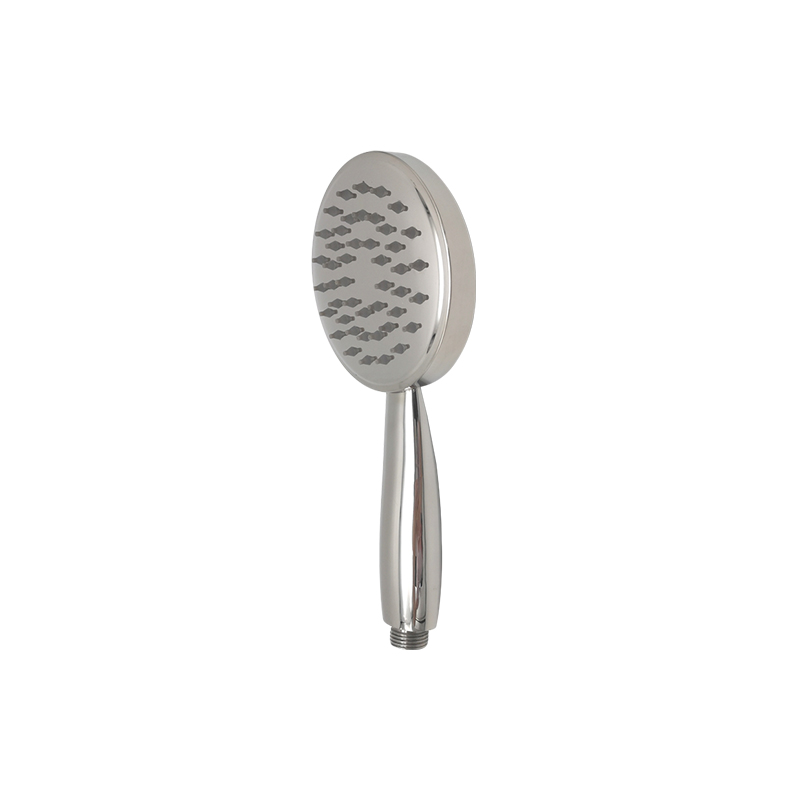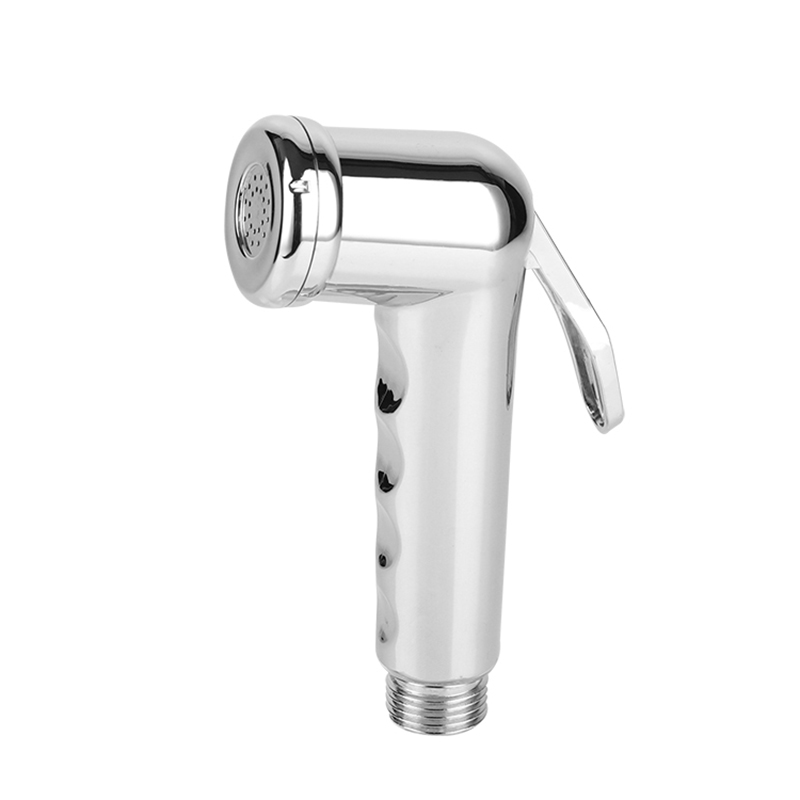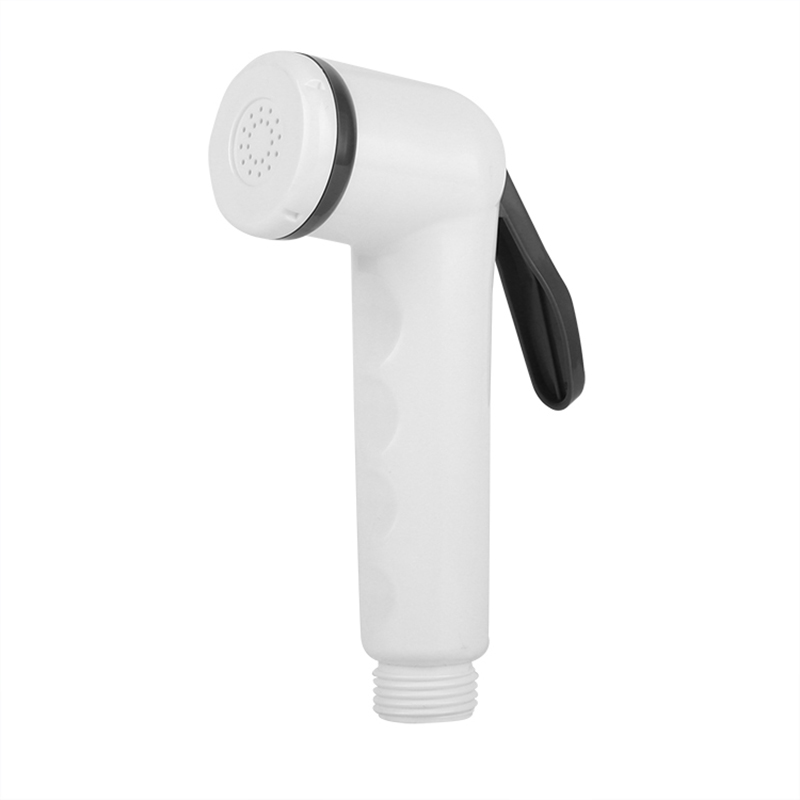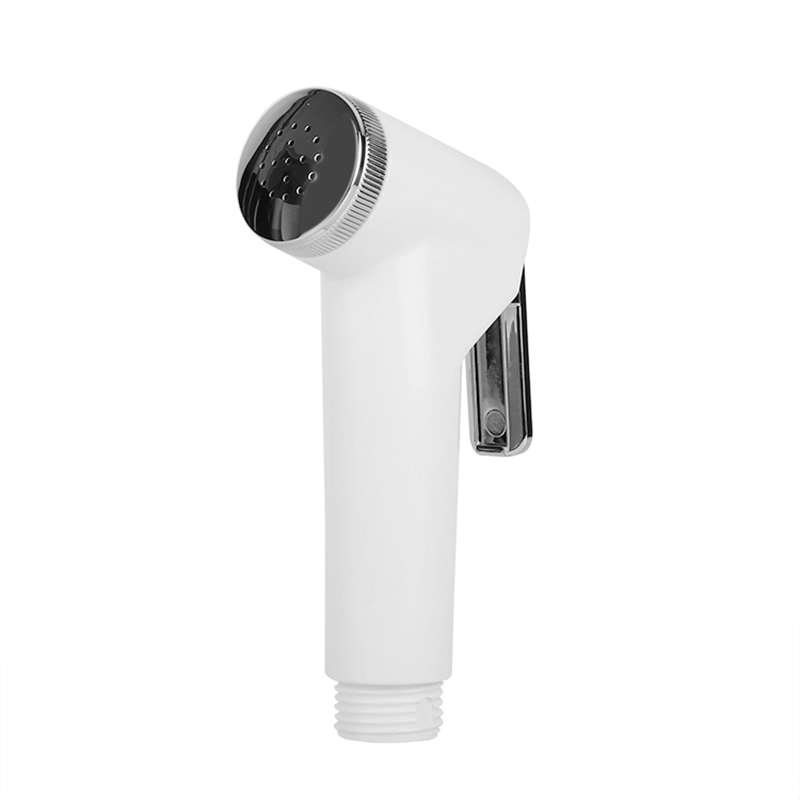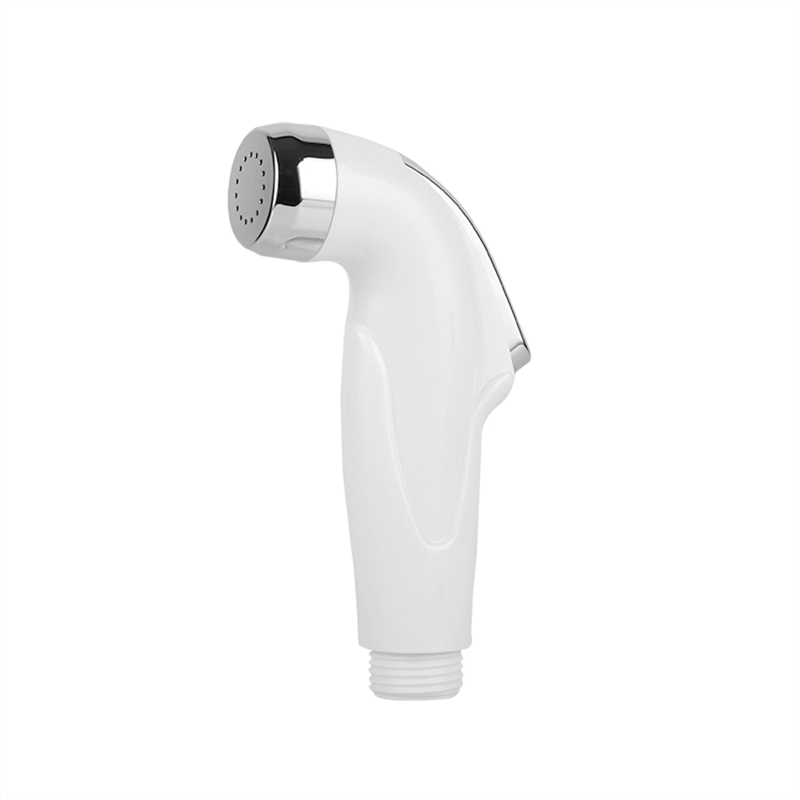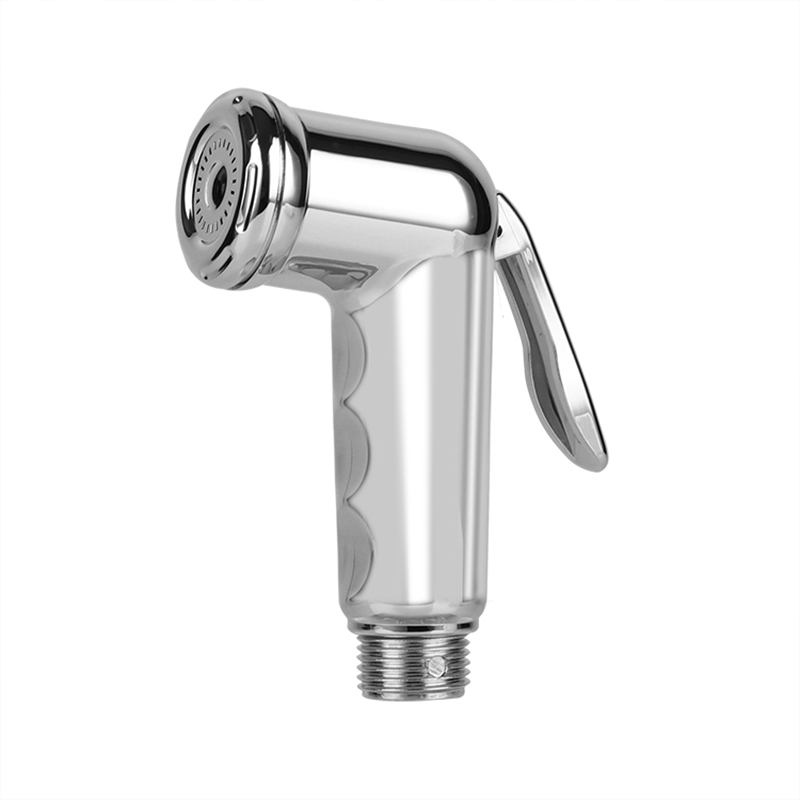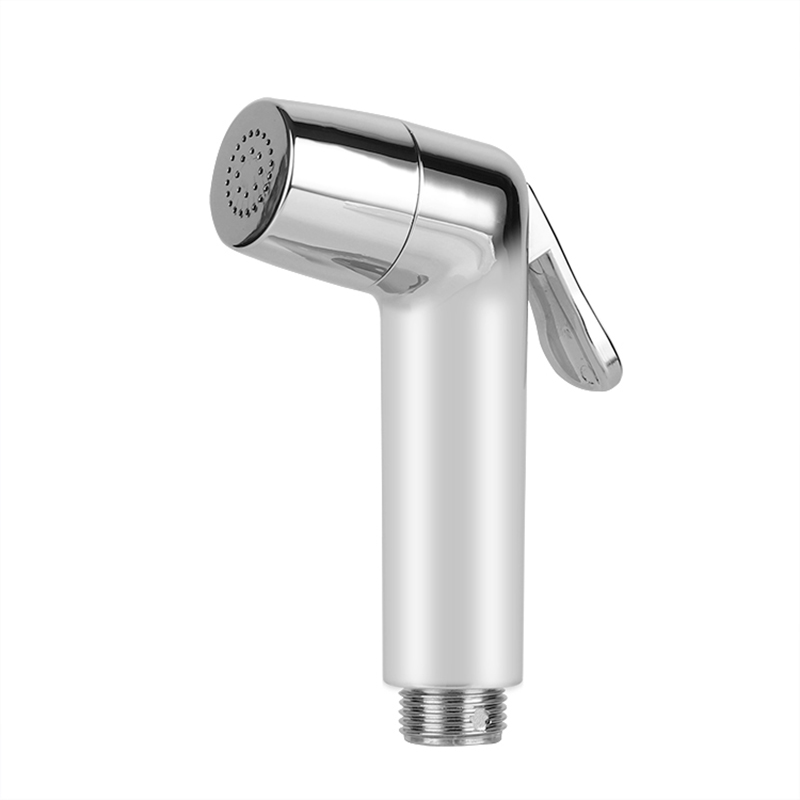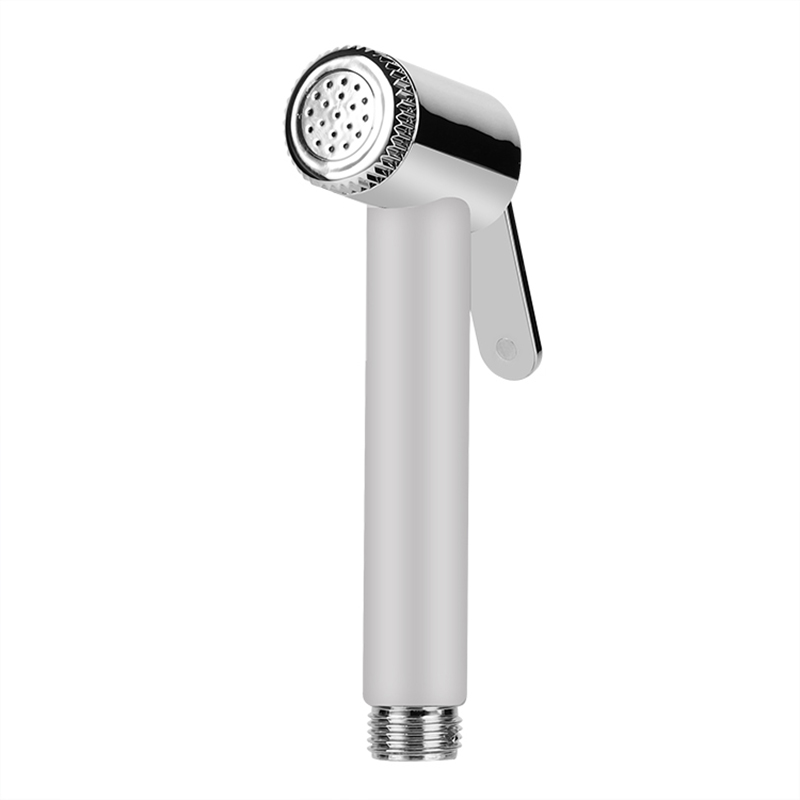In winter, the use of PVC Shower Hose requires special attention to anti-cold and anti-freeze measures to ensure its normal use and extend its service life.
First of all, maintaining the indoor temperature is the key. In winter, the low indoor temperature may cause the PVC shower hose to become hard, brittle, or even cracked. Therefore, the indoor temperature should be kept within a suitable range as much as possible, and the indoor temperature can be increased by using equipment such as heating and air conditioning. At the same time, to avoid exposing the shower hose to cold air, it can be placed in a warm place, such as in a bathroom cabinet or wrapped with insulation materials.
It is also very important to prevent water from freezing. In winter, when the water temperature is low, the water in the shower hose may freeze, causing the hose to rupture. To prevent water from freezing, the water in the hose can be drained after the shower is used. You can open the shower head and let the water flow out naturally, or use compressed air to blow the water out of the hose. In addition, anti-freeze devices such as electric heating belts or insulation sleeves can be installed on the shower hose to prevent water from freezing.
It is also necessary to check the shower hose regularly. In winter, the appearance and connection parts of the shower hose should be checked regularly to see if there are cracks, water leakage, etc. If problems are found, the shower hose should be replaced or repaired in time to avoid further deterioration of the problem. At the same time, pay attention to check whether the connection parts of the shower hose are loose. If they are loose, they should be tightened in time to prevent water leakage.
When using the shower hose, be careful to avoid excessive bending and stretching. In winter, the flexibility of the PVC shower hose will decrease, and excessive bending and stretching may cause the hose to break. Therefore, when using the shower hose, try to keep it in its natural state and avoid excessive bending and stretching. At the same time, be careful to avoid putting heavy objects on the shower hose to avoid damaging the hose.
When using PVC Shower Hose in winter, you need to pay attention to anti-cold and anti-freeze measures, including maintaining indoor temperature, preventing water from freezing, regularly checking the hose, and avoiding excessive bending and stretching. Only by doing these measures can you ensure the normal use of the shower hose in winter and extend its service life.

 English
English 中文简体
中文简体




